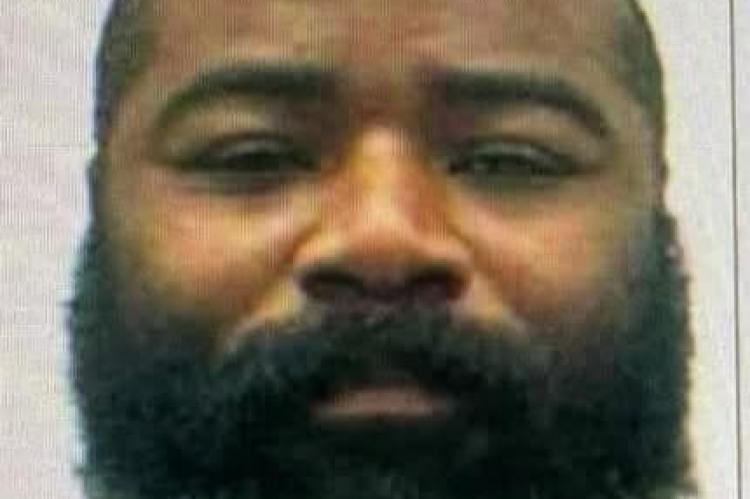The Weight We Cannot See: A National Wake-Up Call on Mental Health
By Omar Silva I Editor/ Publisher
National Perspective Belize – Digital 2025
Belize City: Friday 18th April 2025
EDITORIAL |Special Feature
The story of Akinyela Taylor, the American man who hijacked a domestic flight in Belize and was ultimately shot dead by a brave passenger, is at once shocking, tragic, and painfully revealing.
As the details of his final days come into focus—a man denied entry, wandering, confused, erratic, pleading to leave the country—we are left not only with questions about airport security and border surveillance, but with something even more urgent: the need to confront the quiet epidemic of mental illness in our midst.
Taylor, once a coach, a military veteran, and a published author of a book titled Journey Through The Mire: The Calling, was clearly a man who had walked through darkness before. His memoir spoke of a spiritual evolution, of redemption and light. But it seems the mire never fully released him. That darkness returned—maybe quietly, maybe violently—and it exploded in the skies over Belize on Holy Thursday.
In death, Taylor became a threat. In life, he may have been a warning.
But the warning is not just about him. It is about us.
It is about the silent men and women in our neighbourhoods, our workplaces, and yes, even in our families—walking around with mental burdens no less volatile than Taylor’s. It is about the countless Belizeans suffering from depression, post-traumatic stress, bipolar disorder, schizophrenia, or simply overwhelming emotional exhaustion—unseen, undiagnosed, untreated, and often dismissed as “madness,” “bad behaviour,” or “just stress.”
Belize has failed them.
For years, mental health has remained the underfunded, understaffed, and unprioritized corner of our health system. While there have been scattered efforts, no meaningful policy has materialized to expand psychiatric care, community mental health programs, or urgent interventions that would help identify people in crisis before tragedy strikes. What we have is reaction. What we need is foresight.
If Akinyela Taylor had received the help he needed—perhaps long before he ever set foot in Belize—this story might have ended differently. But even more relevant to us is this: how many people here, in our own country, are now walking their own journey through the mire… and nearing the edge?
Mental illness is not always loud. Sometimes, it’s the quiet man on the bus. The smiling woman at the market. The youth who stopped showing up at school. The teacher who seems tired. The veteran who doesn’t speak much anymore.
We don’t see the weight they carry. But it’s there.
At the bottom of this story is a hard truth: Belize narrowly avoided a much greater catastrophe. But next time, we might not be so fortunate.
A Concluding Undertone
We were lucky that Akinyela Taylor wrote a book. Through it, we see glimpses of what he once was and what he tried to become. We also see signs of a deeper struggle he could not escape.
But the tragedy is not his alone. It is ours, too.
Because in Belize, there are many walking around with similar untold overloads. And regretfully, our health authorities have never made mental health a national priority. As a veteran, Akinyela Taylor might have been one in a thousand ignored—but our government still has time to act.
Time to recognize that the deep mental state of our nation is fragile. Time to invest in psychiatric infrastructure. Time to train counsellors and frontline workers. Time to stop the stigma. And time to start listening before we reach the breaking point.
Because it’s not a question of if it will explode.
It’s a question of when.
- Log in to post comments

